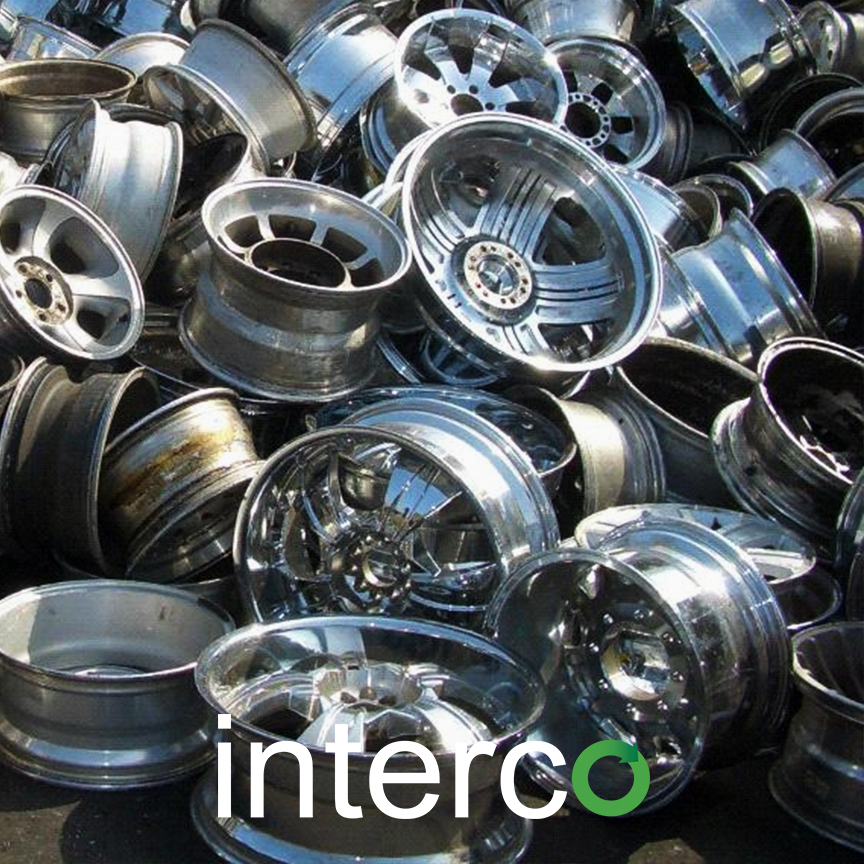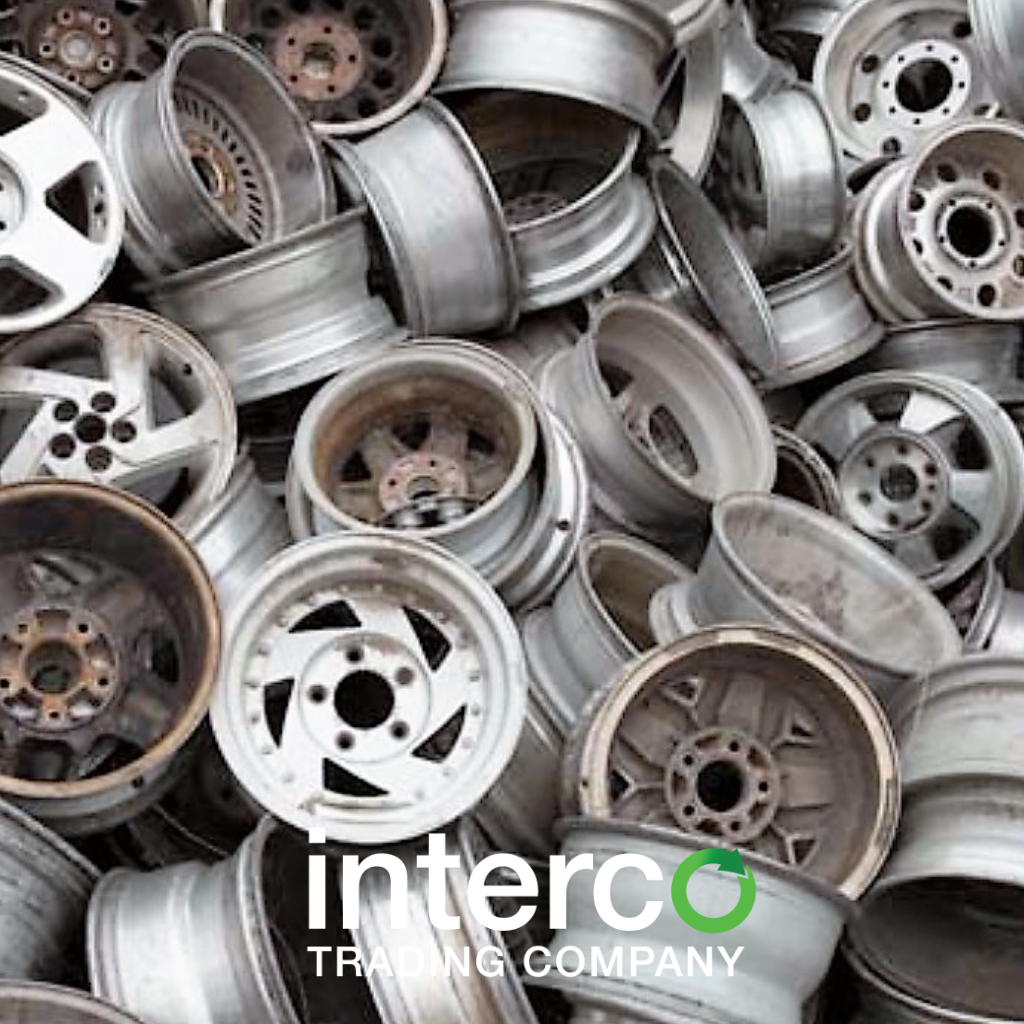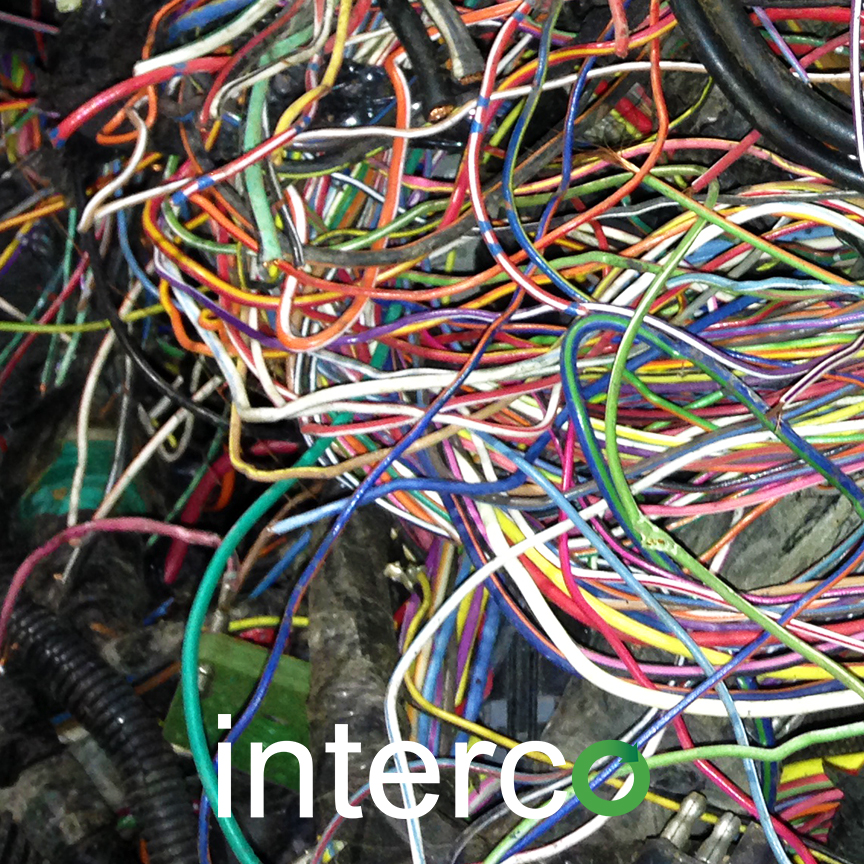Recycling Tires is Very Difficult
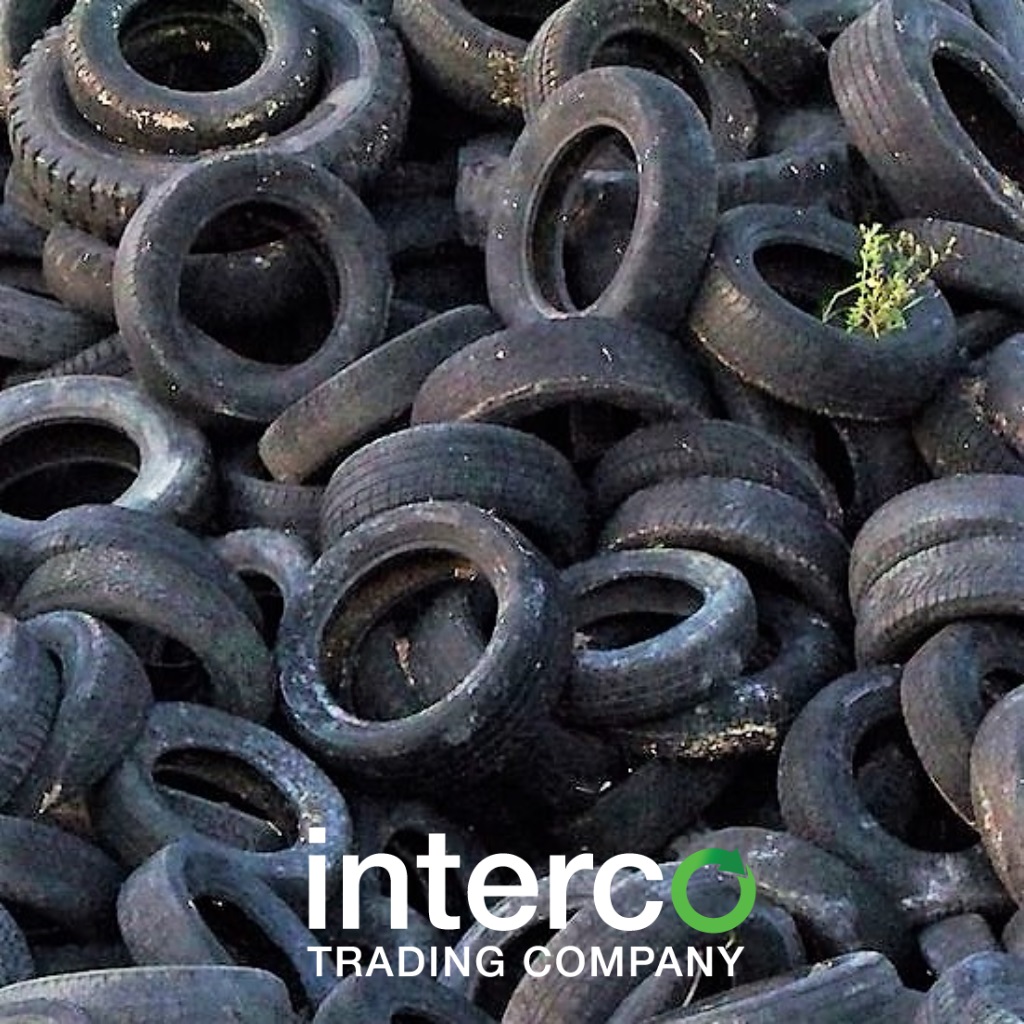
The process of recycling tires is not as easy as metals and can be cumbersome most times. Therefore, most recyclers rather burn them for asphalt than recycle. Tires are made from synthetic rubber then are used to form the wheels of vehicles i.e.
- Motorcycles
- Cars
- Air planes
- Trolleys
- Boxes, etc.
Recycling tires is the process of transforming worn-out tires that are no longer suitable for use due to wear and tear or damage.
Hazards of Recycling Tires
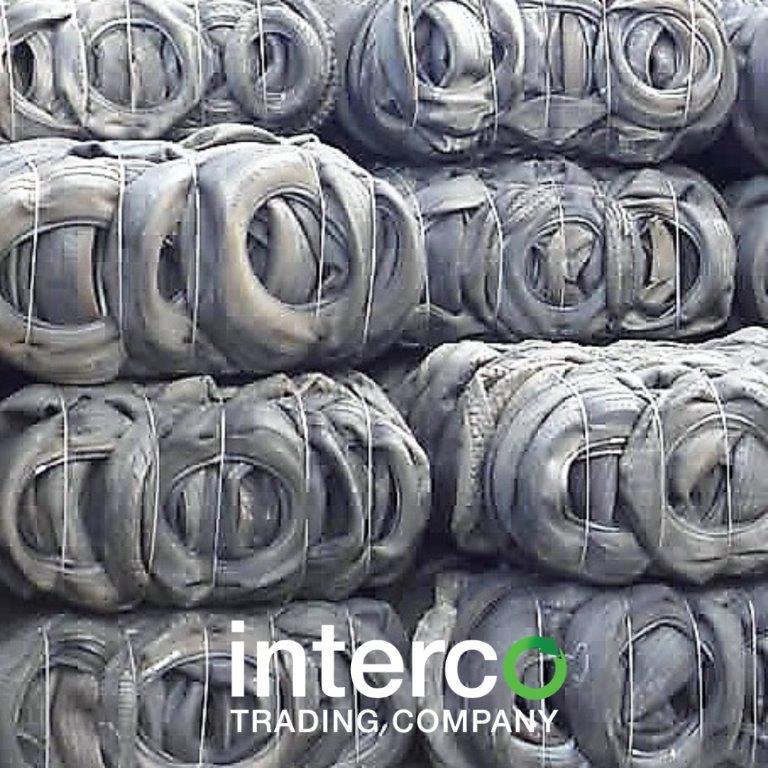
As a result of the widespread use of tires, landfill pollution poses a major issue. Most recyclers would rather not waste resources on recycling tires and rather leave them as solid waste. Interco prefers to shred the rubber, separate the metallic content and process each material for reintroduction to the industrial manufacturing life-cycle. Synthetic rubber is non-biodegradable. It does not diminish prior to microbiological activities in the soil so improper management could cause landfill. Also, illegal and indiscriminate dumping of tires can pollute woods, ravines and land space for agricultural or residential purposes.
Furthermore, some people burn tires to get rid of solid waste, but this act itself is dangerous. Burning tires release chemicals that pollute the air. The ash and oil generated from the fire contaminate the soil. Tire fire is also difficult to extinguish and could go beyond control. Most people do not realize that recycled tires can be used to pave roads and as landfill liners.
Difficulties in Recycling Tires
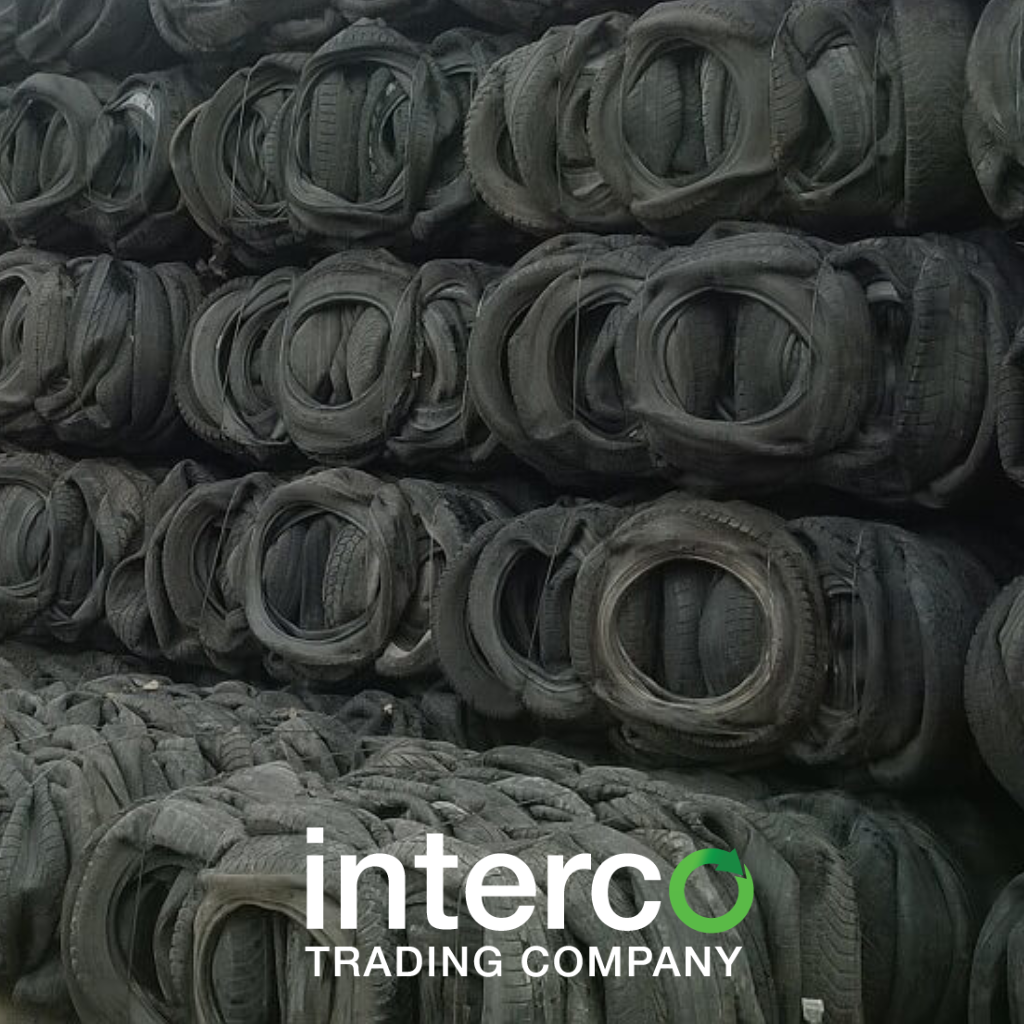
Tires are very difficult to recycle and one would need all the help they could get to successfully recycle them.
The following are the things that make the process of recycling tires very difficult.
- Tires are bulky and heavy
- High leaching probability
- Poor source of rubber and quality
Tires are Bulky and Heavy
Tires consume a lot of space and they are difficult to transport to recycling points. This alone makes it difficult to recycle them. This causes landfill and pollution. Because of this difficulty, most scrap yard owners are tempted to burn them to free space and end up polluting the air in the process. Also, they trap methane gases and cause bubbling effect that can damage landfill liners installed to curb landfill pollutants.
High Leaching Probability
Tires are bulky and as a result of this, they have a high risk of leaching toxins into the soil. These toxins could seep into the aquifer level and contaminate groundwater. This leaching pollutes the water by increasing the level of metals in the water and reduces the quality of drinking water.
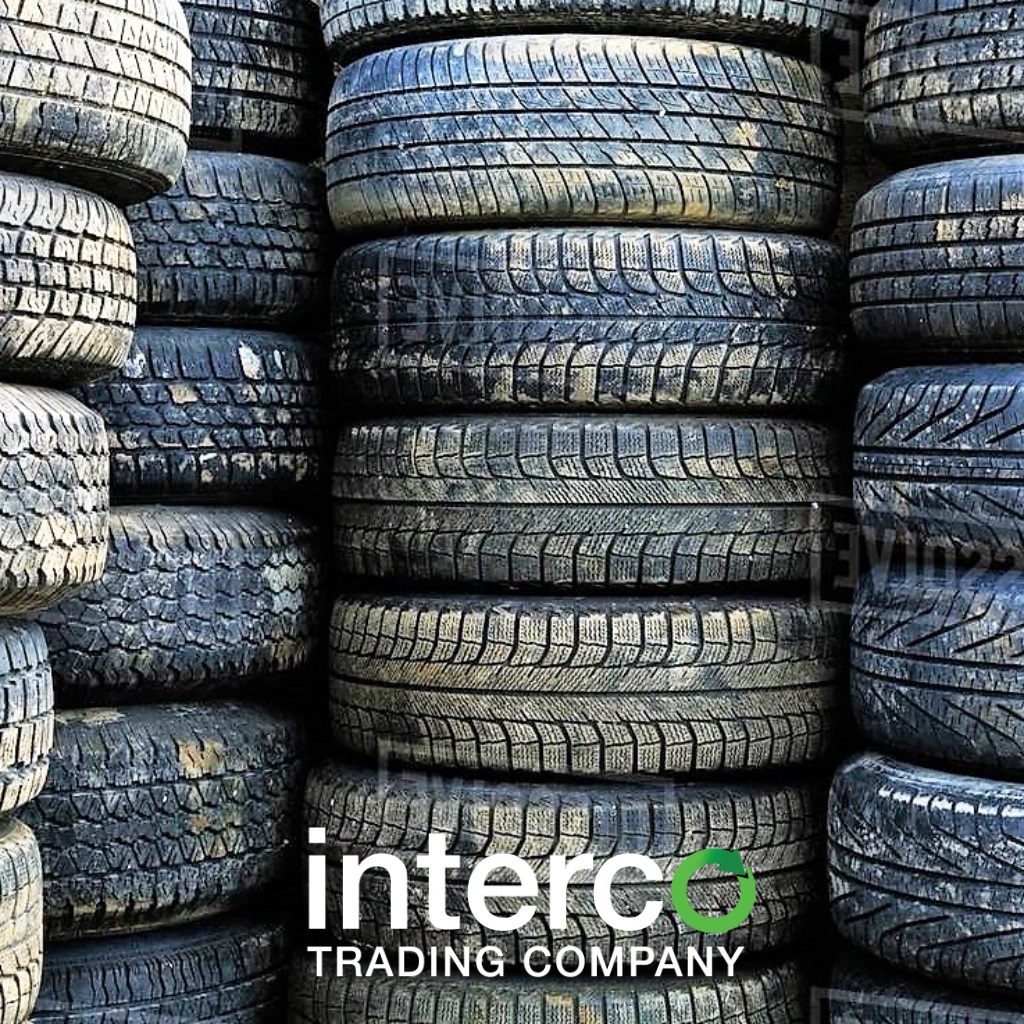
Poor Source of Rubber and Quality
Recyclers have made efforts in the past to recycle tires for rubber, but they were futile. In cases where rubber was recovered, it was observed to be inferior to new tires. Recycled tires also suffer from reduced thread life and traction. In other words, recycling tires are not very productive than manufacturing them.
Conclusion
In conclusion, recycling tires challenges recyclers worldwide. Considering these difficulties and complications affiliated with recycling tires, people usually burn the tires than recycle them. Although, research is going on to find better and greener alternatives. They burn tires and covert the ashes into Asphalt. As the search for a better alternative goes on, companies like Interco still recycle tires. Contact the company if you want to recycle your tire stockpile and free up some land space.
